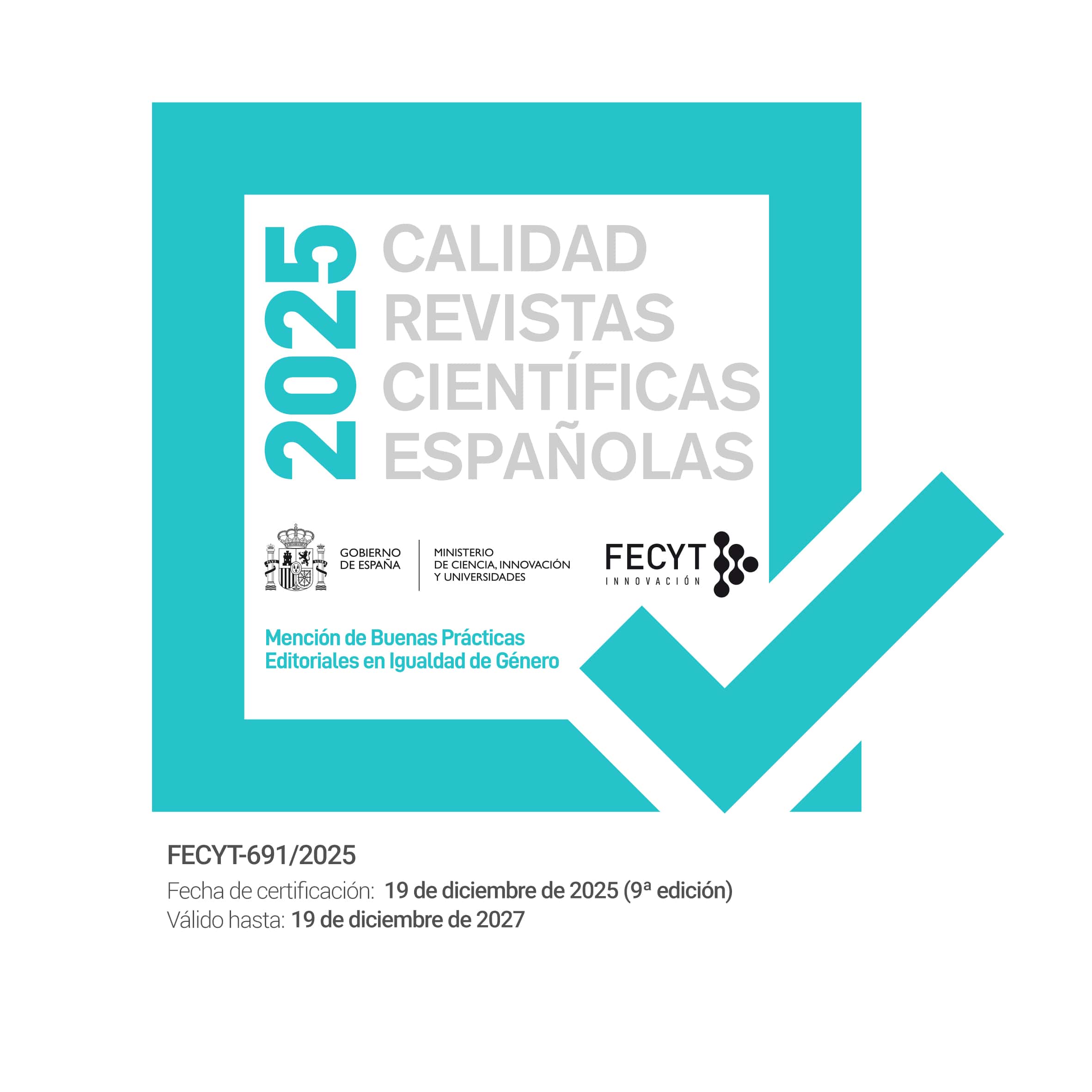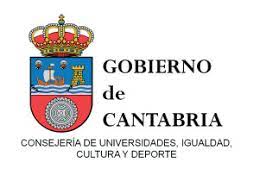Don Quixote as moral satire
DOI:
https://doi.org/10.55422/bbmp.187Keywords:
Cervantes, Gayton, Butler, Fielding, Modern novel, Moral satireAbstract
The change in interpretation of the Quixote that took place in England in the early eighteenth century will have a major repercussion not only in the unquestionable success in terms of public and criticism that achieves in the Enlightenment but also in shaping the modern novel (Fielding, Smollet, Stern, Marivaux, Diderot..). This change would lead to the variation in Quixote’s understanding from a parody or satire of an outdated literary genre to a moral satire of the chivalric values, characteristics of a time that the Enlightenment sought to leave behind. The dual role of Cervantes’ characters —the goodness and discretion of Don Quixote and Sancho despite their madness and simplicity, respectively— favored this alleged satire of the values of an era to identify with the features of the illustrated satire: gentle character and abstract nature, against the aggressiveness and individualistic nature, as directed toward specific behaviors, of the baroque satire.
Downloads
Publication Facts
Reviewer profiles N/A
Author statements
Indexed in
- Academic society
- Sociedad Menéndez Pelayo
- Publisher
- Sociedad Menéndez Pelayo
Global Statistics ℹ️
|
457
Views
|
225
Downloads
|
|
682
Total
|
|
References
CANAVAGGIO, Jean. (2005) Don Quichote du livre au mythe. París. Fayard.
CHERCHI, Paolo. (1977) Capitoli di critica cervantina (1605-1789). Roma. Bulzoni (Biblioteca di Cultura, 96).
CLOSE, Anthony J. (1978) The Romantic Approach to «Don Quixote». A Critical History of the Romantic Tradition in «Quixote» Criticism. Cambridge. Cambridge University Press. Tr. esp. 2005. La concepción romántica del «Quijote». Barcelona. Crítica.
COLAHAN, Clark. (2013) «Knight-Errantry. Code Word and Punch Line in Edmund Gayton's “Festivous Notes on Don Quixote” (1654 and 1768)». Parole Rubate. 8. 159-169.
FIELDING, Henry. (1751) Amelia. Edición M. Battestin. Middletown. Wesleyan University Press. DOI: https://doi.org/10.1093/oseo/instance.00061919
FIELDING, Henry. (1970) The Criticism of Henry Fielding. Edición Ioan Williams. Londres. Routledge and Keagan Paul.
JURADO SANTOS, Agapita. (2015) Recorridos del Quijote por Europa (siglos XVIII y XVIII). Kassel. Reichenberger.
KNOWLES, Edwin. (1947) «Cervantes and English Literature». Cervantes across the Centuries, Angel Flores y M. J. Bernadete (Eds.) New York. The Dryden Press. 267-293
LLAMPILLAS, Javier. (1789) Ensayo histórico apologético de la literatura española. Zaragoza. B. Miedes. 7 vols. (1782-1789).
MARTÍNEZ MATA, Emilio. (2004) «Un cervantista por encargo: Gregorio Mayans y Siscar (1699-1781)». Boletín de la Asociación de Cervantistas. I/1. 15-21.
MARTÍNEZ MATA, Emilio. (2005) «El Quijote, sátira antiespañola». Voz y Letra. 16, 1-2. 95-104.
MARTÍNEZ MATA, Emilio. (2007) «El cambio de interpretación del Quijote: de libro de burlas a obra clásica». Cervantes y el «Quijote». Actas del coloquio internacional (Oviedo, 27 al 29 de octubre de 2004). Madrid. Arco/Libros. 197-213.
MARTÍNEZ MATA, Emilio. (2009) «El poder de la imagen en los textos del Siglo de Oro: el caso del Quijote». Edad de Oro. 28. 201-240.
MONTERO REGUERA, José. (2005) El Quijote durante cuatro siglos. Lecturas y lectores. Valladolid. Universidad.
MORÉRI, Louis. (1694) Le grand dictionnaire historique, ou le mélange courieux de l’histoire sacrée et profane, 7ª ed., Amsterdam, Utrech y La Haya.
PARDO GARCÍA, Pedro Javier. (1995-1997) «Formas de imitación del Quijote en la novela inglesa del siglo XVIII: Joseph Andrews y Tristam Shandy». Anales Cervantinos. 33. 133-164∫. DOI: https://doi.org/10.3989/anacervantinos.1997.306
PAULSON, Ronald. (1988) Don Quixote in England: The Aestetic of Laughter. Baltimore. The Johns Hopkins University Press.
RAPIN, René. (1674-1675) Les reflexions sur la poétique d’Aristote et sur les ouvrages des poètes anciens et modernes. París. Muget. Edición: E. T. Dubois. (1970) Ginebra/París. Droz / Minard (Textes litteraires françaises, 1960).
RANDALL, Dale B. J., y BOSWELL, Jackson C. (2009) Cervantes in Seventeenth-Century England. The Tapestry Turned. Oxford. Oxford University Press.
RIVERO IGLESIAS, Carmen. (2012) «El inicio de la recepción cervantina en Alemania: las primeras adaptaciones teatrales del Quijote». Anales Cervantinos. 44. 121-132. DOI: https://doi.org/10.3989/anacervantinos.2012.006
STERNE, Laurence. (1768) A Sentimental Journey. Edición I. Jack y T. Parnell. (2003). Oxford. Oxford University Press.
Downloads
Published
How to Cite
Issue
Section
License
Copyright (c) 2022 Emilio Martínez Mata

This work is licensed under a Creative Commons Attribution-NonCommercial 4.0 International License.








